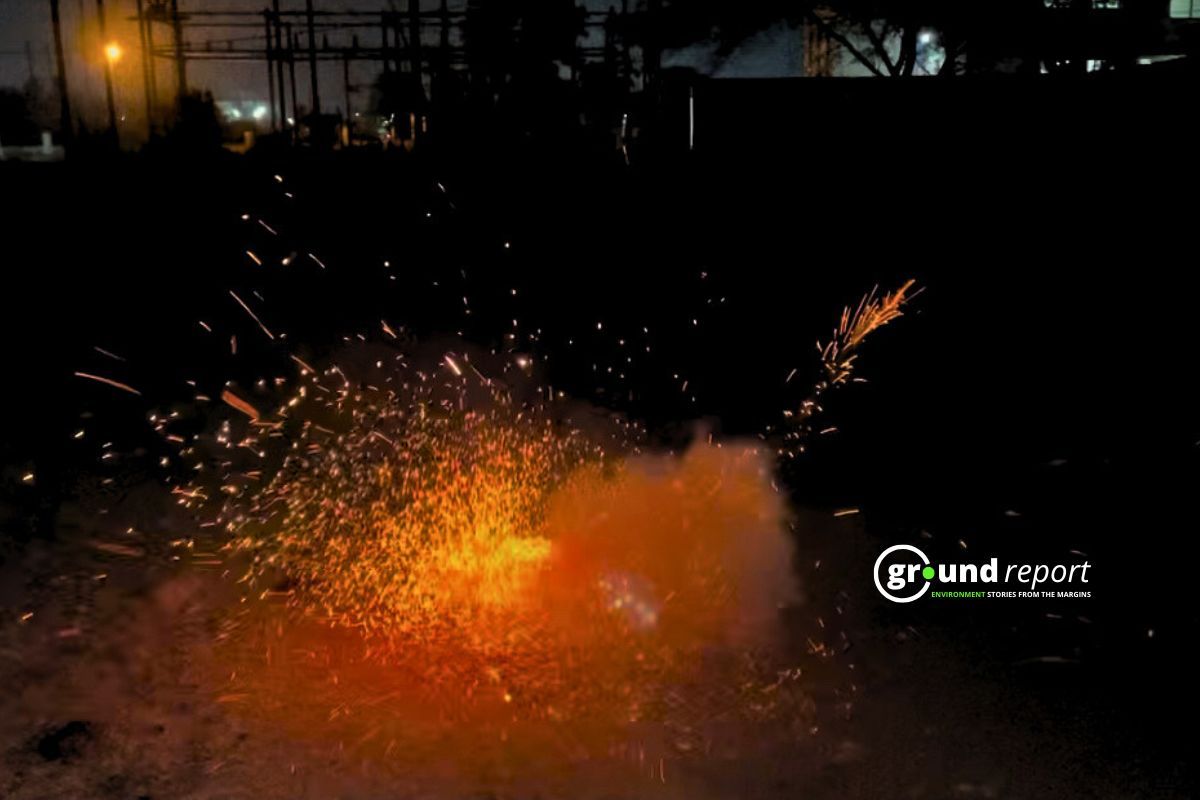Cancer is rapidly becoming a major health challenge in India, with Madhya Pradesh seeing a sharp increase in cases. Recent statistics from the Indian Council of Medical Research (ICMR) and the National Centre for Disease Informatics and Research (NCDIR) show 81,901 new cancer cases in the state in 2023, nearly doubling from 42,966 cases in 2020.
During a Lok Sabha session, Bharat Singh Kushwah raised a question about cancer cases in Madhya Pradesh. The Minister of State in the Ministry of Health and Family Welfare stated that, according to ICMR, several factors contributed to the increased registration of cancer cases in India. These include rising life expectancy, an increasing geriatric population, greater health awareness, improved health-seeking behaviour, and better access to advanced diagnostic techniques for cancer detection.
Rising cancer burden in Madhya Pradesh
Madhya Pradesh is facing a serious cancer crisis. Cancer accounts for 9% of all deaths in the state, reflecting the growing trend of NCD-related deaths nationwide.

The “Profile of Cancer and Related Factors in Madhya Pradesh” report by ICMR-NCDIR reveals that 1,789 new cancer cases are diagnosed annually in the state. The cancer rate is 106.9 per 100,000 people, with men having a 1 in 9 risk and women a 1 in 8 risk of developing cancer by age 74. These numbers highlight the urgent need for prevention, early detection, and effective treatment strategies in the state.
Madhya Pradesh faces socio-demographic challenges contributing to the growing cancer burden. The state has a large population, but low literacy rates, especially among women. With a literacy rate of 69.3%, there’s a significant gap between male (78.7%) and female (59.2%) literacy. This disparity limits access to information about cancer prevention, early detection, and treatment. Moreover, a lack of awareness about healthy lifestyles and cancer prevention in rural areas exacerbates the issue.
Common cancer types in MP
Cancer types in Madhya Pradesh vary by gender. Among men, the most common cancers are of the oral cavity, lungs, tongue, larynx, and oesophagus, largely linked to tobacco use.
For women, the most common cancers are breast, cervical, ovarian, gall bladder, and oral cancers. Tobacco use causes many mouth cancer cases among women. In Madhya Pradesh, 54.9% of male cancers and 31% of female cancers are caused by tobacco, making tobacco control essential in the fight against cancer in the state.
Cancer is affecting younger people in India at an alarming rate. Data from Apollo Hospitals shows breast cancer in India is diagnosed at a median age of 52, compared to 63 in the U.S. and U.K.

Similarly, lung cancer is diagnosed at an average age of 59 in India, versus 70 in Western countries. This shift is worrying, especially since 30% of colon cancer cases at Apollo Hospitals involve individuals under 50. Early diagnoses in younger patients highlight the need for early detection and prevention programs targeting this age group.
Government’s response and awareness
In response to the rising number of cancer cases, the Indian government has launched the National Programme for Prevention and Control of Non-Communicable Diseases (NP-NCD), which is part of the National Health Mission (NHM).
The program aims to improve healthcare infrastructure, raise awareness, and focus on early diagnosis of cancers, diabetes, hypertension, and other NCDs. In Madhya Pradesh, 753 NCD clinics have been set up at the district level, and 6,238 at the Community Health Centre (CHC) level. These clinics screen people over 30 for common NCDs, including cancer. Also, the Ayushman Arogya Mandir (AAM), a key initiative under the Ayushman Bharat scheme, provides comprehensive healthcare services, including accessible cancer screening, to enhance community health.
The Indian government is improving cancer care facilities nationwide. The Department of Health Research has launched a scheme to set up Multidisciplinary Research Units (MRUs) in state medical colleges and research institutes. These units will enhance understanding of cancer and advance treatment methods, particularly in rural areas with limited access to care.
Madhya Pradesh is enhancing its cancer care infrastructure. Recently, Chief Minister Mohan Yadav visited the Jawaharlal Nehru Cancer Hospital in Bhopal, where he met cancer patients and instructed doctors to provide high-quality care.
The state government will cover treatment costs for low-income patients, ensuring financial barriers don’t prevent care. Air ambulance services have been introduced to transfer critical cancer patients to specialised centres for advanced care.

Call for urgent action
The ICMR-NCDIR report highlights the rising cancer burden in Madhya Pradesh and India, calling for urgent action. A comprehensive approach is essential to address the growing cancer crisis, including the following key measures:
-
Tobacco control: Strengthening tobacco control policies is critical in reducing cancer rates. This includes raising tobacco taxes, enforcing public smoking bans, and running awareness campaigns about the dangers of tobacco use.
-
Promoting healthy lifestyles: The government must encourage healthier lifestyles to combat cancer and other non-communicable diseases (NCDs). This includes promoting balanced diets, regular exercise, and reducing alcohol consumption to lower cancer risks.
-
Expanding cancer screening programs: Increasing access to cancer screenings in rural and underserved areas is crucial for early detection, which can improve treatment outcomes and survival rates, making it essential in the cancer control strategy.
-
Strengthening healthcare infrastructure: Expanding cancer care facilities in rural areas will ensure timely diagnosis and treatment. This can reduce disparities in cancer care, ensuring everyone has access to proper treatment.
-
Public awareness: Raising awareness about cancer prevention, early detection, and treatment options is essential. Campaigns can empower individuals to take charge of their health and seek early medical advice and treatment when necessary.
The growing number of cancer cases in Madhya Pradesh is more than just statistics; it reflects real human lives and underscores the urgent need for collective action. The state’s initiatives to improve healthcare infrastructure, encourage healthy lifestyles, and enhance cancer care are vital steps forward.
Support us to keep independent environmental journalism alive in India.
Keep Reading
Watch: Kashmir experiences first snowfall of season after dry spell
Amarnath Yatra: Tackling rising death toll from extreme weather events
Tourists arrival in Kashmir break records, a need to regulate it?
From tourist paradise to waste wasteland: Sindh River Cry for help
Follow Ground Report on X, Instagram and Facebook for environmental and underreported stories from the margins. Give us feedback on our email id greport2018@gmail.com.
Don’t forget to Subscribe to our weekly newsletter, Join our community on WhatsApp, and Follow our YouTube Channel for video stories.








